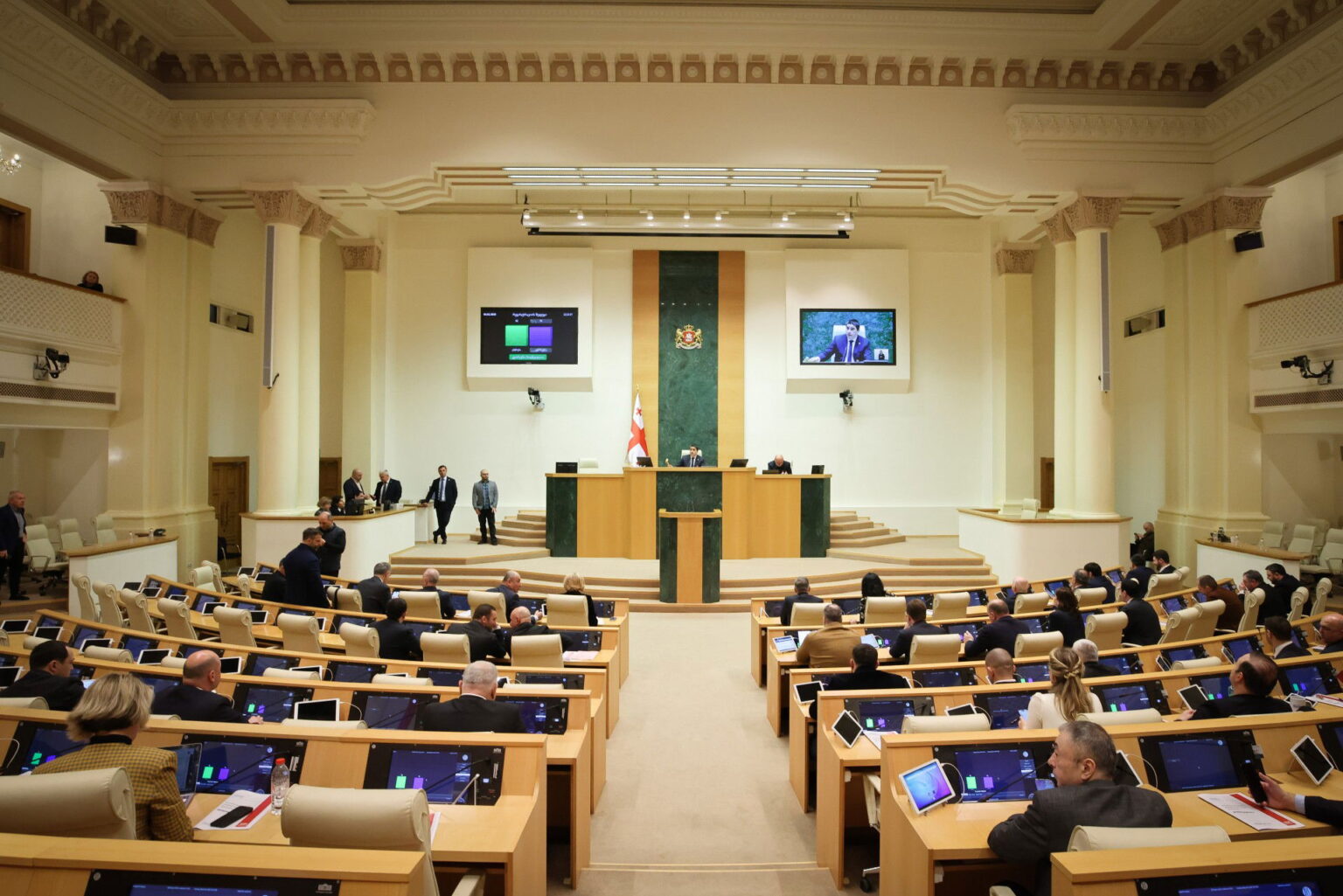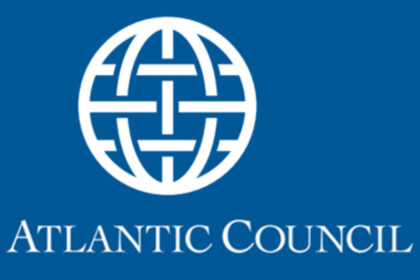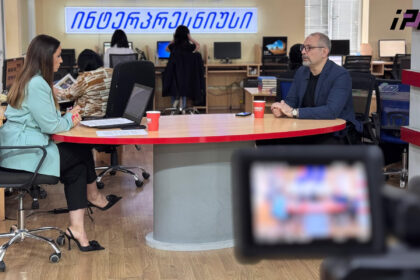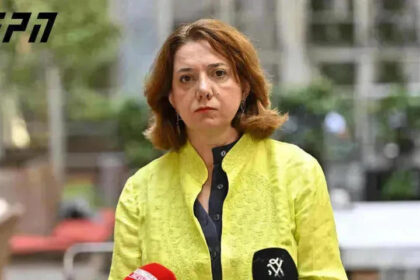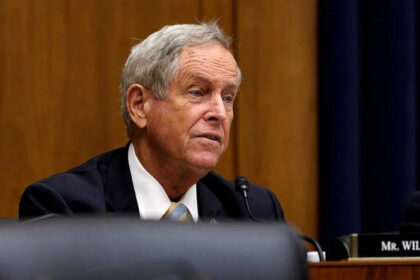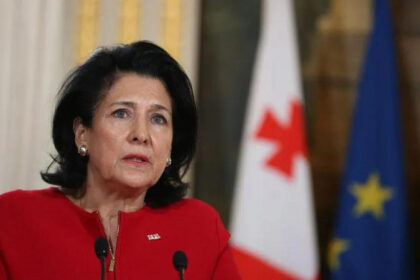**Georgian Parliament Approves Repressive Legislative Amendments**
The Georgian Dream (GD) party has pushed through a number of repressive legislative amendments. These changes affect parliamentary procedure, gender equality laws, the criminal code, public service regulations, and the broadcasting law.
**Restrictions on CSOs and Elections Commission**
The GD parliament approved amendments to its Rules of Procedure. These changes limit the role of non-governmental organizations (NGOs) in public decision-making. NGOs will no longer have a mandatory role in decision-making processes, but may still participate in discussions.
Davit Matikashvili, chairman of the committee on procedural matters and rules, defended the amendment by citing “foreign influence” on CSO activities. He referenced allegations against USAID and stated that foreign funds were financing protests and organizing revolutions against democratically elected governments.
The amendments also change the procedure for electing members of the Central Election Commission (CEC). The requirement for a three-fifths majority vote for the appointment of candidates has been removed.
**Changes to Gender Equality Law**
The GD parliament backed amendments to the Law on Gender Equality. The changes replace the term “gender equality” with “equality of women and men.” The definition of “gender” is also being removed from the law.
Matikashvili argued that the original wording had been imposed under foreign influence, stating that it was a reflection of global processes taking place in the world. However, he stressed that this does not mean that the principle of equality between women and men should not be upheld.
**Amendments to Criminal Code**
Another key amendment establishes criminal liability for treason, including espionage, conspiracy to overthrow the government, and other offenses related to national security.
Rati Ionatamishvili, one of the initiators of the amendment, justified it by saying that treason is the most serious crime and the state must create solid guarantees for the protection of the country’s sovereignty.
**Restrictions on Foreign Funding in Media**
The GD parliament also passed a draft law amending the Law on Broadcasting. The changes introduce restrictions on foreign funding for media organizations.
Foreign governments are no longer allowed to purchase broadcaster services or co-finance the production and airing of programs. Exceptions are made for commercial advertising, teleshopping, sponsorship, and product placement.
**Foreign Agents Registration Act (FARA)**
The GD parliament approved the Foreign Agents Registration Act (FARA) in its first reading. The law requires organizations receiving foreign funding to register as foreign agents, submit annual financial declarations, and face criminal liability for non-compliance.
According to a parliamentary press release, committee chairman Archil Gorduladze defended the law by saying that it would prevent external interference and ensure transparency of funds spent in Georgia.
Read More @ civil.ge




